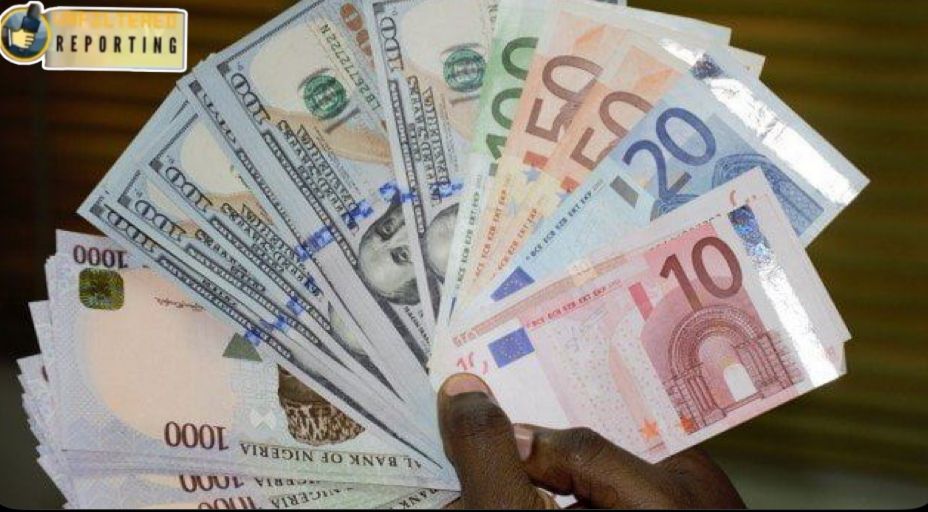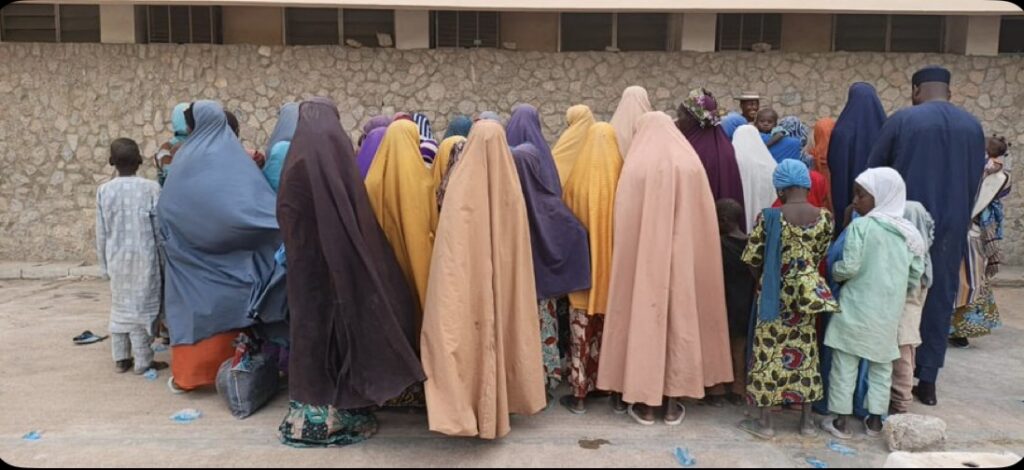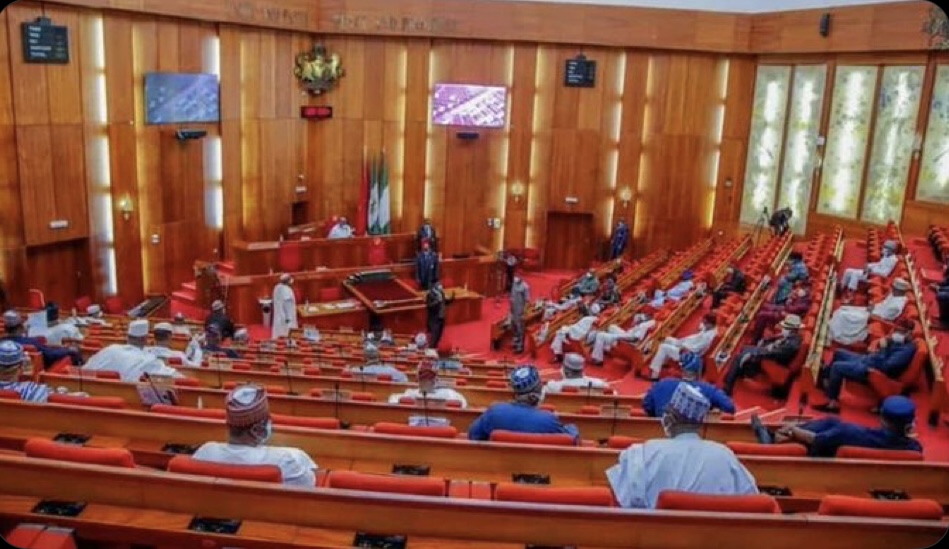Naira Edges to ₦1,765 Against Euro as Eurozone Struggles Deepen

The Nigerian naira recorded a slight gain against the euro on Wednesday, trading around ₦1,765 to one euro in segments of the foreign exchange market.
The development comes amid renewed pressure on the euro, triggered by economic strains in France and broader concerns over eurozone growth prospects. Market trackers show that the official and mid-market rate currently stands near ₦1,762 per euro, while the parallel market rate is slightly higher at about ₦1,790.
The closeness of these figures has been interpreted as a sign that the Central Bank of Nigeria’s (CBN) measures to close the gap between official and street rates are beginning to yield results, even though foreign exchange demand remains elevated.
In Europe, the euro has been weighed down by weak industrial performance and rising fiscal challenges in France, the second-largest economy in the bloc.
Investors have responded cautiously, with the common currency losing some ground against emerging market currencies. Analysts suggest that this external pressure has indirectly created space for the naira to firm up against the euro, though Nigeria’s domestic economic challenges remain the primary determinant of its exchange rate stability.
Despite this temporary gain, the naira continues to trade under strain. Inflationary pressures, weak non-oil export earnings, and high demand for foreign exchange still define Nigeria’s market reality. The CBN has maintained that ongoing policy reforms, including interventions to boost liquidity and unify exchange rates, are aimed at reducing volatility and restoring investor confidence.
Financial analysts warn that the naira’s strengthening against the euro should not be misinterpreted as a sustained recovery. They argue that while external weaknesses in the eurozone may provide short-term relief, Nigeria’s structural economic issues must be addressed for long-term currency stability.
“Fluctuations in the euro are beyond Nigeria’s control. What the country can control is strengthening its fiscal base, improving exports, and building foreign reserves,” a currency analyst based in Abuja observed.
For ordinary Nigerians, the rate movement brings mixed implications. Importers continue to grapple with higher costs tied to the parallel market rate, while those receiving remittances may find some advantage in the naira’s firmer position against the euro through official channels.
Looking ahead, the trajectory of the naira–euro exchange will depend on how successfully the CBN sustains liquidity reforms at home and how the eurozone responds to its mounting economic challenges.
With France at the center of current eurozone weakness, further developments in Europe could play a role in shaping Nigeria’s foreign exchange dynamics in the weeks ahead.








